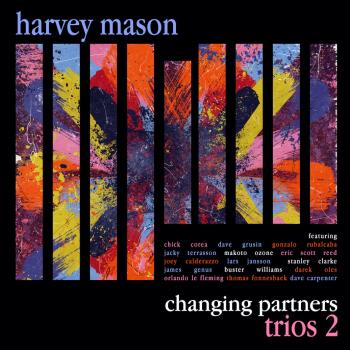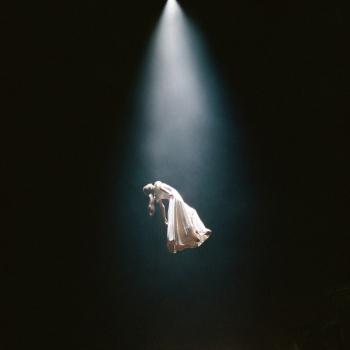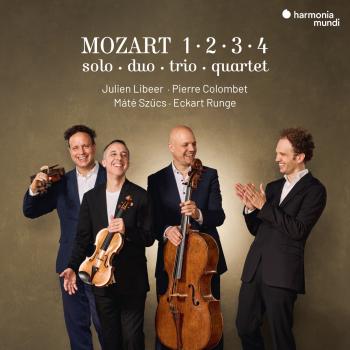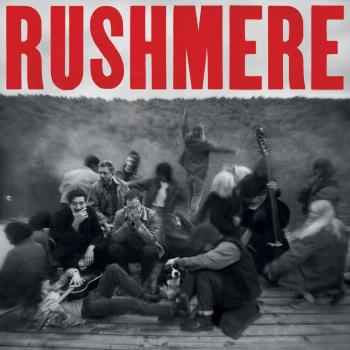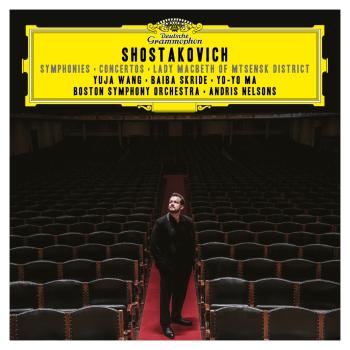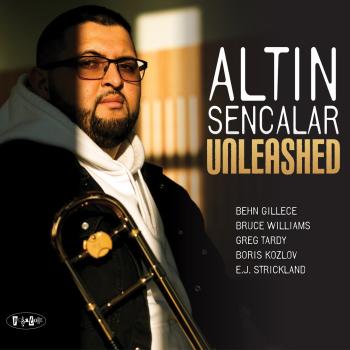
The Requiem, originally conceived as a Mass, more precisely as a funeral Mass, has emancipated itself in the course of time, at the latest with Hector Berlioz, from its attachment to the church liturgy. The Requiem compositions following to Berlioz, for example by Brahms, Verdi and Britten, are clearly written for the concert hall. The requiem of the Armenian composer Tigran Mansurian is also intended for the non-liturgical use of the funeral mass. Like the Requiem by Berlioz and Britten, the Requiem of Mansurian is dedicated to a very specific event, the victims of the genocide of the Armenians during the First World War, through which the composer himself lost part of his family.
With the traditional, liturgical Requiem, as it has been handed down for instance by Mozart, the Requiem of Mansurian has only the original, Latin text in common. Otherwise, the composition of the Armenian is as remote as possible from the sources of traditional church music. Instead, Mansurian was inspired by Armenian folk music, especially its peculiar expression, which is reflected in the introductory Requiem aeternam using modernist and minimalist compositional aspects by the death march of the Armenians to Syria, which is documented in the cover of the album photographically. Already the following Kyrie with its syncopated rhythms points out that this Requiem is not only conceived as a lament, but rather transports a hint of hope.
The Dies irae brutally destroys any short-lived hope brutally, much like Berlioz or Verdi, but far from operatic attitudes. The tuba mirum, which picks up on the violent gait of the Dies irae, is more conciliatory with a quiet a Capella singing. The strongest impression leaves, as in Mozart, for example, the measured, tenderly glowing and contrastingly hard-chiseled Lacrimosa. Almost as intense as the Dies irae the Domine Jesu Christe meets the listener. Before this Requiem returns with a peaceful Agnus to the tranquil flow of the Requiem aeterna, the tenors of the choir heartfeltly call up all the pain of humanity in the face of the Armenian crime to heaven before soprano and alto begin to mitigate this doomsday mood.
Without ever straying into the operatic or burdening the listener with its sad mood hopelessly and unduly, Tigran Mansurian has succeeded in creating a poignant requiem composition that will remain valid beyond the day at the level of successful death masses of the past.
The first recording of the Requiem by Tigran Mansurian took place in the Jesus Christ Church in Dahlem, Berlin, whose acoustics, characterized by great clarity and moderate reverberation, have been considered ideal by sound engineers for decades, including the sound engineers Peter Laenger and Stephan Schellmann , who have created a soundscape for this album, which marks a climax even for the label "ECM", which is considered to always provide superbly sounding recordings, and which, in the form of the present high-resolution download, effortlessly tops the sound from CD. Also in terms of the artistic performance of all performing musicians in the case of this album every superlative is appropriate. This applies to the superbly balanced, virtuoso and excellent RIAS Kammerchor Berlin, as well as to the formidable Munich Chamber Orchestra under the direction of its former chief conductor Alexander Liebreich. The choir and the orchestra togehter commissioned the Requiem with Tigran Mansurian and premiered it in 2011 in the Kammermusiksaal of the Berlin Philharmonie presented in contrast to Mozart's Requiem. The two soloists Anja Petersen, soprano and Andrew Redmond, baritone on the present album are also very well cast. Not as a performer, but as a critical and constructive spirit, who has exchanged views with the conductor and musical director Alexander Liebreich during the entire recording session, the composer Tigran Mansurian himself is to be mentioned. Thus, this interpretation of the Requiem may be described as authentic in the sense in which Karl Orff gave authenticity to the recording sessions of his works with Eugen Jochum through personal presence.
Anja Petersen, soprano
Andrew Redmond, bass
RIAS Kammerchor
Münchener Kammerorchester
Alexander Liebreich, conductor



